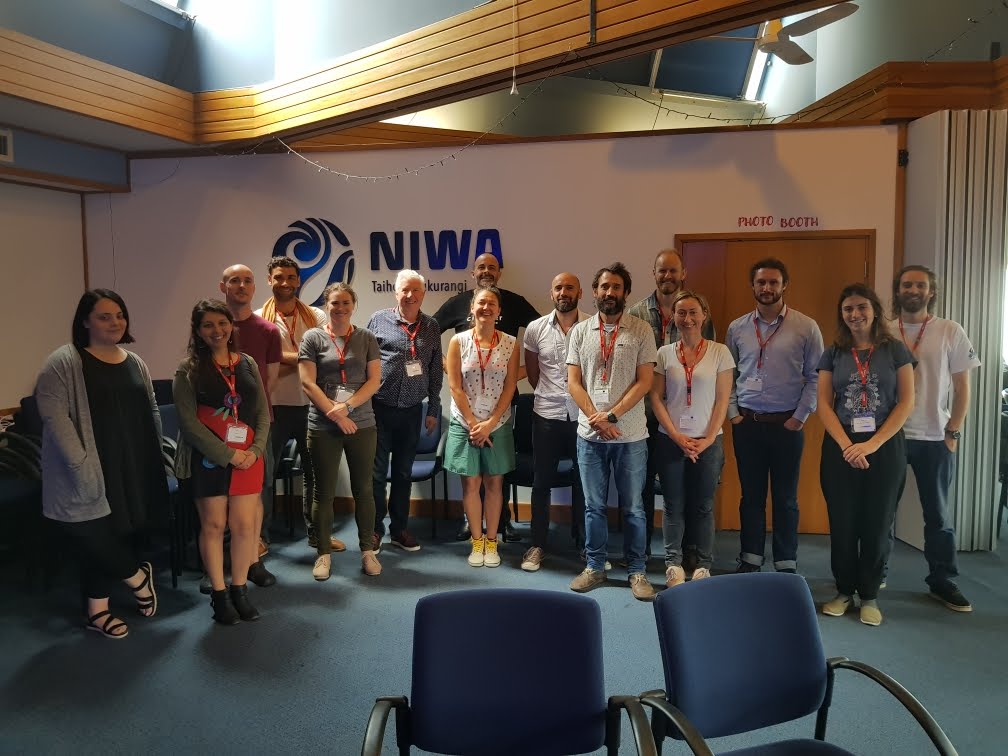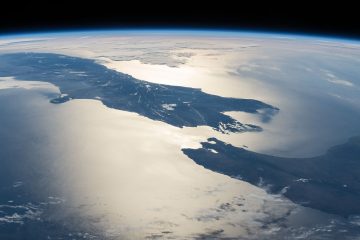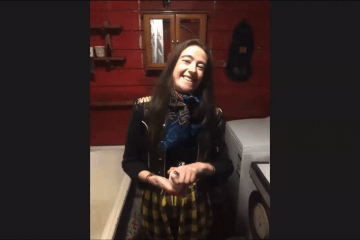Mapping the Plastic Workshop


The day after APPA’s first ever AGM, New Zealand membership organisation for the spatial and surveying sector – Survey and Spatial New Zealand (S+SNZ) – held a workshop on ‘Mapping the Plastic’ on 7 December 2019 at the National Institute of Water and Atmospheric Research (NIWA) in Wellington.
One of the goals of the workshop was to assist the Mapping the Plastic initiative, set up by the Working Group 4.3. of the International Federation of Surveyors (FIG) – the joint venture between the FIG Young Surveyors Network and FIG Commission 4 (Hydrographic Surveying). The workshop was facilitated by Richard Kenyon from Datacom, with Simon Ironside (the Chair of the FIG initiative Mapping the Plastic) as a Keynote speaker, and Erik Behrens from NIWA and Paula Gentle from Land Information New Zealand (LINZ) as organisers. All professionals working in the area of marine plastic pollution were welcome to participate. The attendees represented a number of institutions and organisations, including APPA, Sustainable Coastlines, Ocean Cleanup, Te Ohu Maori, Plastic Blues, LINZ, the Ministry of Primary Industries (Fisheries), NIWA, e-Coast and Maritime New Zealand.
The workshop consisted of general discussion and group work, covering topics such as method standardisation, policy and science, time series, models and observations, remote sensing, collaboration and citizen science. One of the outcomes of the workshop was adding plastics to Marine Geospatial Stocktake’s dataset. This includes only marine areas, excluding fresh water and rivers. If you would like to be involved, please contact Anna at AMeissner@linz.govt.nz.
The final message of the workshop was: ‘Survey and Spatial New Zealand and APPA are pleased to announce the first working group bringing together a wide range of contributors from NGO, public sector, private sector and interested citizens. On 7 December 2019, we gathered to build on the Mapping the Plastic initiative in Wellington at NIWA, with sponsored support of LINZ, to talk about how we make the most of existing research with a view to taking what we know today and expanding and extending our reach. Our passion and purpose is to make a material impact on the problem of plastic pollution locally and globally.’



Photo Credits – Paula Gentle




